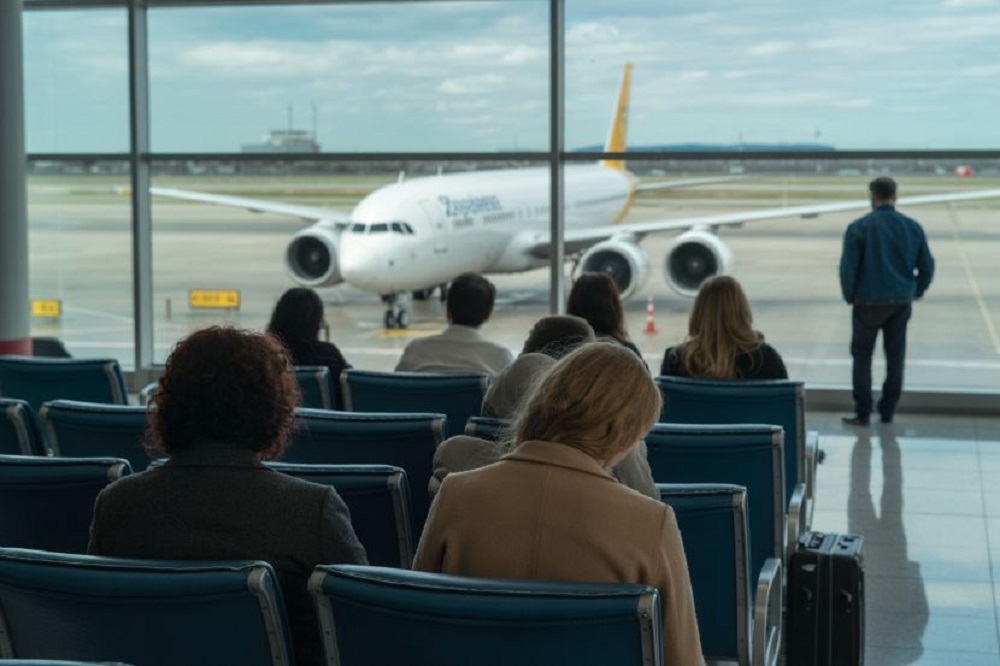New York City’s major airports experienced significant disruptions on Monday, with over 300 flights canceled as the federal government shutdown entered its 41st day. The widespread cancellations and delays were primarily due to a severe shortage of air traffic controllers, frustrating thousands of travelers and highlighting the prolonged shutdown’s impact on national infrastructure.
The situation was particularly severe at regional airports. LaGuardia Airport, a key gateway for many travelers, reported 126 canceled departures and arrivals by midday. John F. Kennedy International Airport, another critical hub for domestic and international travel, reported 82 cancellations, while Newark Liberty International Airport saw 95 flights canceled. In addition to these cancellations, hundreds of other flights across all three airports experienced significant delays, compounding travelers’ frustrations.
Monday was expected to be the most challenging day for air travel since the shutdown began over six weeks ago. The cumulative effects have disrupted travel plans nationwide, impacting countless individuals. The underlying issue lies in the nation’s air traffic control system, which is under strain due to staffing shortages. While the U.S. Senate moved to consider a short-term funding bill that could reopen the government, immediate relief for travelers remained uncertain.
FAA Flight Reductions Amplify Travel Chaos as Shutdown Hits Air Traffic Controllers
The Federal Aviation Administration (FAA) began reducing flights four days prior to Monday’s disruptions, a move that only intensified frustration among frequent travelers and holiday-goers. One passenger at Newark commented that the shutdown doesn’t just affect flights—it “affects life in general”—and urged lawmakers to resolve the situation and stop putting people at risk.
The human cost of the shutdown is also keenly felt by air traffic controllers, who are essential for maintaining safety. These frontline workers are now working without pay, managing immense pressure while balancing personal needs like childcare and food provision for their families. The National Air Traffic Controllers Association (NATCA) emphasized that the issue is not political or ideological but a matter of life and safety, as controllers prioritize public safety over personal needs.
Regional disruptions in New York reflect a broader national crisis. Over 2,000 flights were canceled nationwide just the day before, illustrating the severity of the situation. The Secretary of Transportation issued stark warnings, cautioning that conditions could deteriorate further if the shutdown continues. He expressed concern that air travel could shrink significantly in the two weeks leading up to Thanksgiving, a traditionally high-travel period.
Frustrations in the New York region began last week when JFK, LaGuardia, and Newark were among 40 major U.S. travel hubs instructed to prepare for significant delays and cancellations. The FAA is implementing measures to reduce flights by 10% at the affected airports. Initially, airlines were directed to cut 4% of flights nationwide, with reductions expected to rise to 10% by Friday. Travelers are strongly advised to check directly with their airlines for the latest flight updates before heading to the airport.

